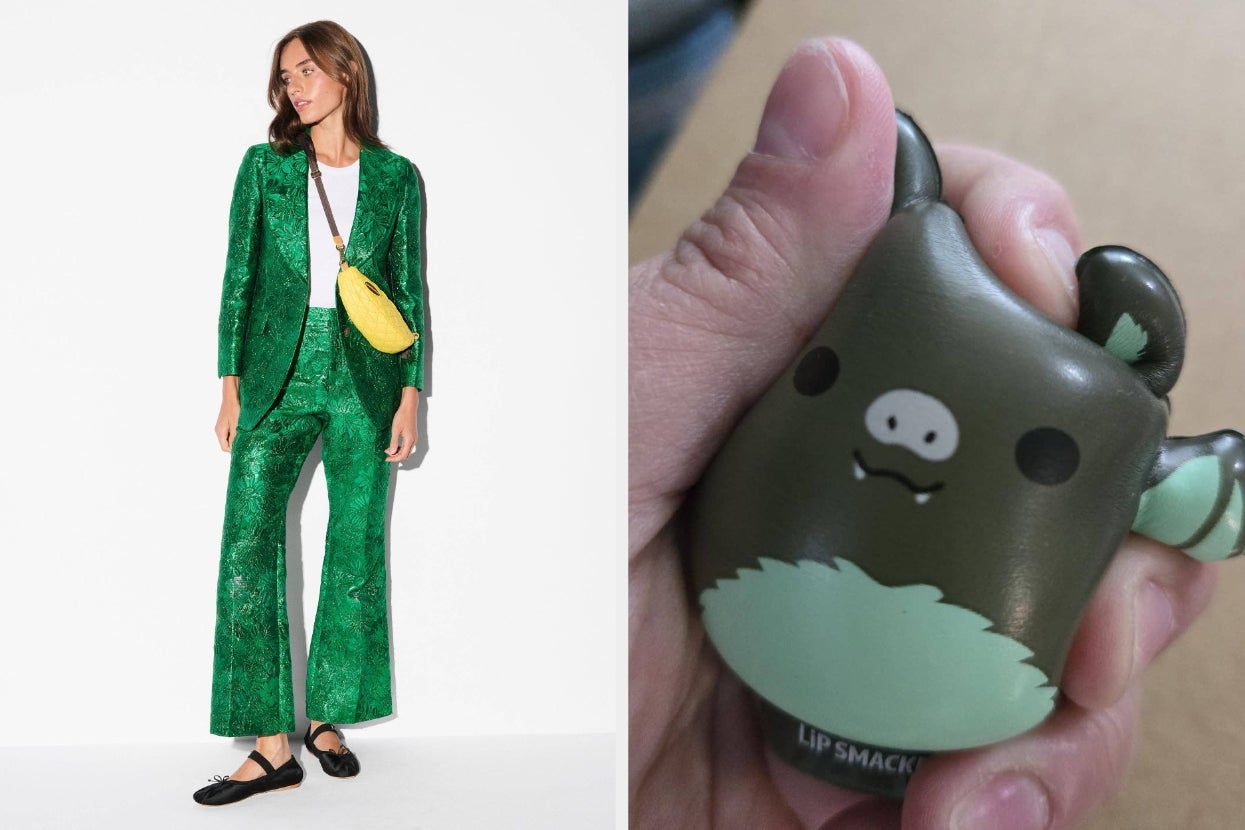 UC Irvine professor Jon Wiener, writing on April 5 about the Nixon library's new Watergate exhibit:
UC Irvine professor Jon Wiener, writing on April 5 about the Nixon library's new Watergate exhibit:The exhibit makes clear how, with the country in turmoil over an unpopular war, the president became obsessed with "enemies" and formed a secret unit, "the plumbers," to carry out illegal assignments.Wiener overreached by saying that Nixon personally authorized the plumbers to break the law. While I look forward to reviewing the exhibit in detail, nothing in the on-line resources the library published last year shows that Nixon knew in advance about the plumbers' fateful burglaries in September 1971 (at Daniel Ellsberg's psychiatrist's office) and June 1972 (at the Watergate).
Did Nixon contribute to an atmosphere in his wartime White House that resulted in wrongdoing? Yes, and he admitted as much. But that's just not the same as authorizing or knowing in advance about specific criminal acts. This distinction is more important to some than others. In July 2008, I wrote that historian Rick Perlstein, in his book Nixonland, had misconstrued a secondary source in a way that gave the impression that Nixon had known in advance about the 1971 burglary. Perlstein replied that I was technically right but that the "preponderance of the evidence suggests that Nixon probably knew what was going on." And yet criminal culpability hinges on technicalities, not assumptions or atmospherics.
Other writers have overreached in attempting to pin advance knowledge of the burglaries on Nixon. There's plenty in the Watergate story that reflects poorly on Nixon and his men without imputing to him crimes that he didn't commit.








No comments:
Post a Comment